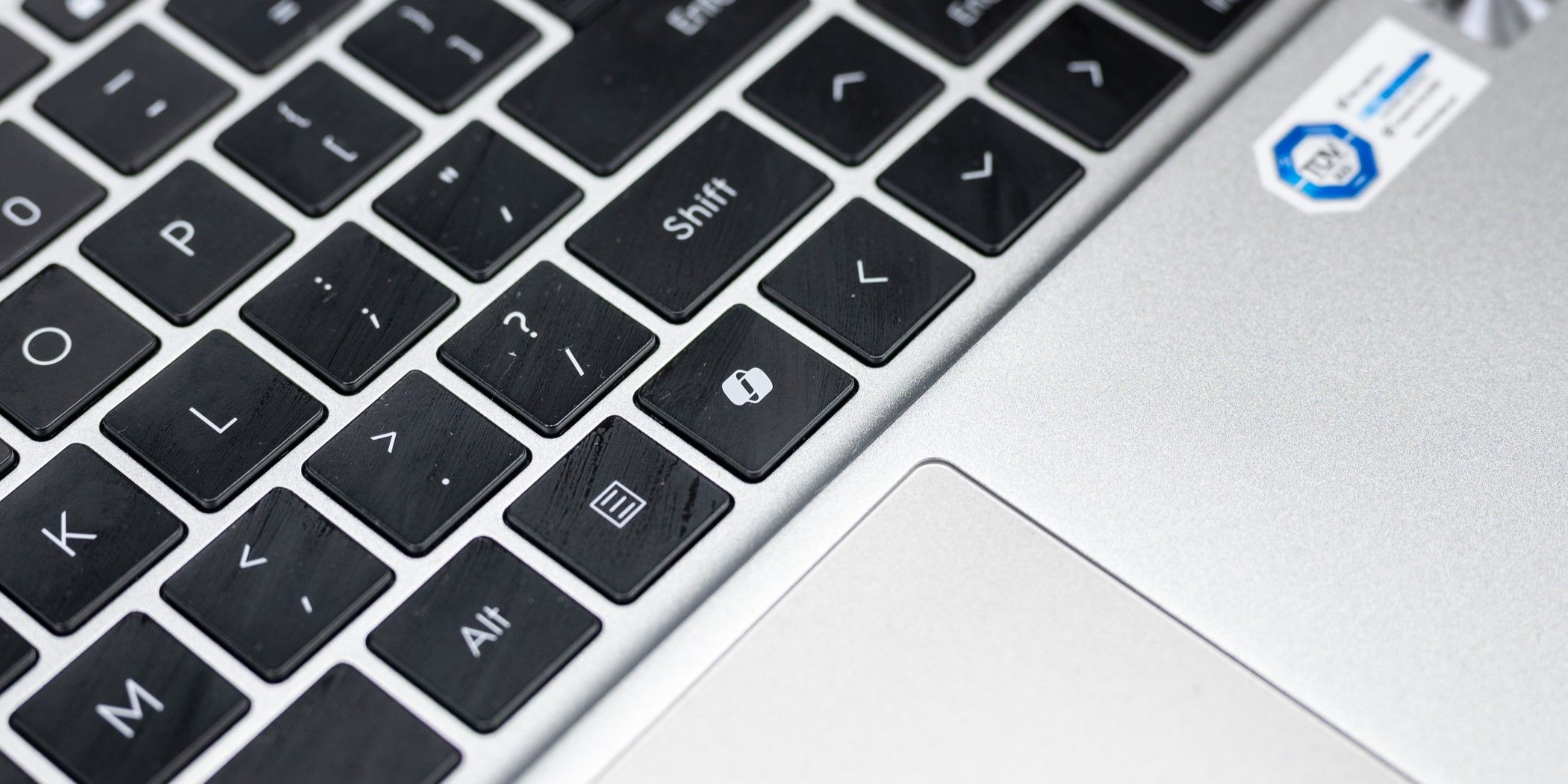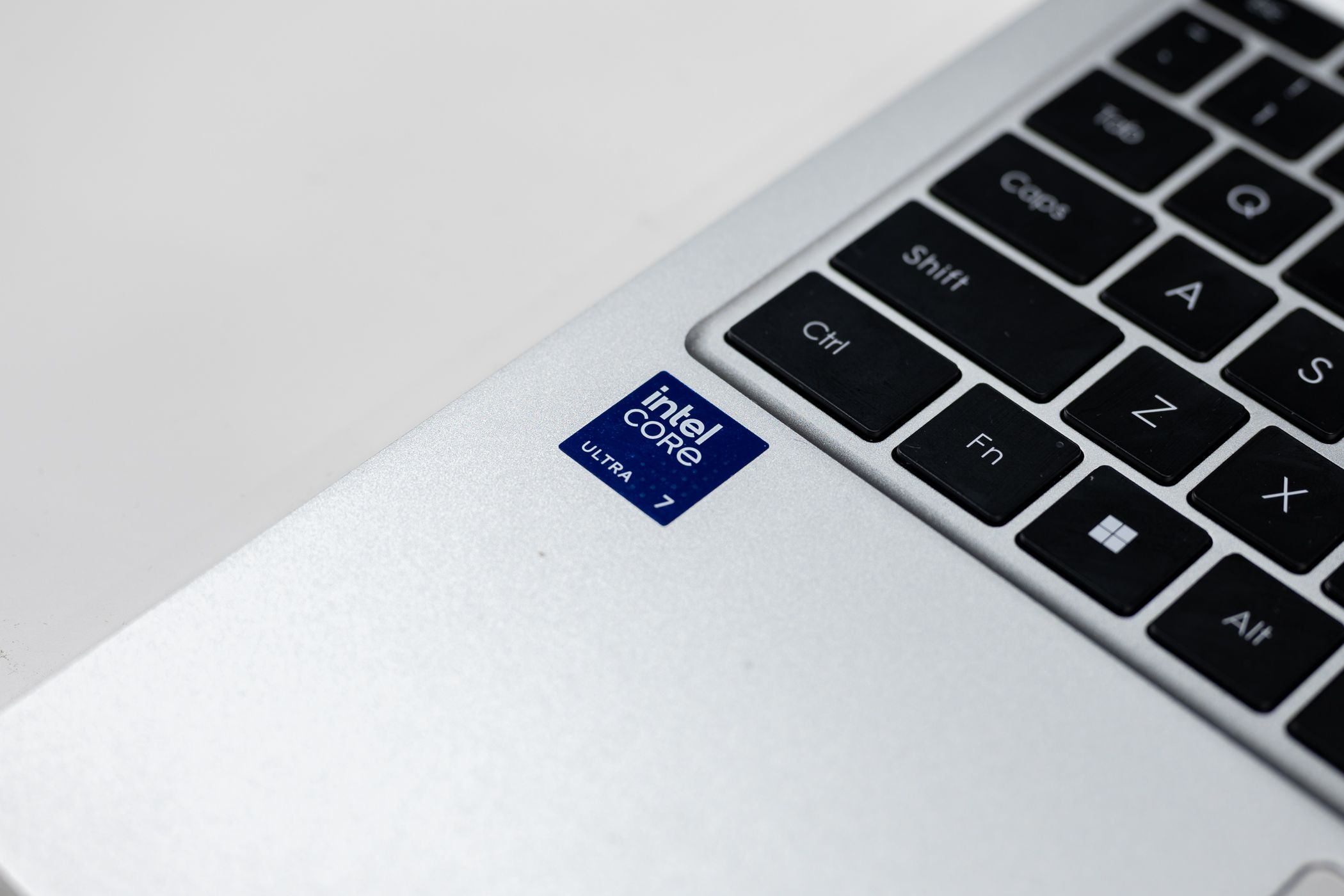Key Takeaways
- AI PCs have specialized hardware and software for faster processing and real-time analytics.
- Major players like Intel and AMD are introducing AI PCs, aiming for mass adoption by 2025.
- AI PCs offer enhanced performance, personalized experiences, and improved security, but come at a higher initial cost.
AI PCs are set to revolutionize computing with their enhanced capabilities and efficiency. But what makes a computer an AI PC? We look at their unique features and whether an upgrade to these advanced machines is worthwhile.
What Is an AI PC, and How Does It Work?
An AI PC is not just your average computer—it’s a powerhouse designed to handle artificial intelligence (AI) tasks with ease. The best part? Everything is processed directly on the device—eliminating the need for cloud data processing.
So, how does all this work? Unlike traditional computers, AI PCs are equipped with specialized hardware, including AI accelerators and GPUs (Graphics Processing Units), which boost their machine-learning capabilities.
These computers also feature advanced software algorithms that efficiently handle data-intensive AI operations, enabling faster processing and real-time analytics. These powerful features allow AI PCs to perform tasks like natural language processing and complex data analysis much more accurately than conventional computers.
When Will AI PCs Be Released?
AI PCs are starting to roll out already, primarily pushed by major players like Intel and AMD. Intel has made significant strides with its Intel Core Ultra lineup, which began rolling out in December 2023. This range includes built-in NPUs (Neural Processing Units) that enhance AI tasks on laptops.
Intel aims to sell around 100 million AI PCs by 2025, signaling robust growth and adoption in this sector. But your options aren’t limited to just Intel, either. AMD and Qualcomm are also enhancing their CPUs with AI capabilities, and you can expect new AI PC releases from them throughout 2024.
How Do You Easily Identify an AI PC?
A computer’s hardware specifications and software capabilities define an AI PC. On the hardware side, look for mentions of NPUs, AI-specific accelerators, advanced GPUs, and higher-than-average RAM and storage specifications. These features are crucial for handling large datasets and complex algorithms. However, the simplest giveaway that a Windows computer is an AI PC is the new Copilot key on the keyboard.
On the software side, AI PCs often come with pre-installed apps that leverage AI for improved functionality. This includes improved voice assistants, advanced security features like facial recognition, and apps that personalize content based on user behavior.
Performance-wise, AI PCs demonstrate significantly better efficiency and speed in processing large volumes of data, running sophisticated simulations, and rendering high-quality graphics.
Is It Worth Upgrading From a Normal to an AI PC?
The decision to upgrade from a traditional PC to an AI PC will largely depend on your specific needs. To help you decide, here are some pros and cons to consider:
The Advantages of Upgrading to AI PCs
- Enhanced Performance and Efficiency: AI PCs can process and analyze information at unprecedented speeds—making them ideal for tasks involving AI and data analytics.
- Personalized Experiences: Thanks to AI-driven algorithms, these PCs can deliver customized recommendations, adapt interfaces to individual preferences, and even predict user needs based on usage patterns.
- Improved Security: The built-in capabilities of AI PCs mean better threat detection and real-time security measures.
- Compatibility With Emerging Technologies: AI PCs are built to seamlessly integrate with new technologies, ensuring they remain relevant as new innovations emerge.
The Disadvantages of Upgrading to AI PCs
- Higher Initial Cost: AI PCs have a premium price tag due to their advanced hardware and capabilities.
- Complexity and Learning Curve: The sophisticated technology integrated into AI PCs can be overwhelming for non-tech-savvy users.
- Privacy Concerns: With advanced data-processing capabilities, AI PCs raise concerns about data privacy and potential misuse.
- Energy Consumption for High-Performance Tasks: AI tasks are resource-intensive. So, running them on AI PCs could lead to higher energy consumption compared to performing standard tasks on traditional PCs.
Clearly, AI PCs represent a significant leap in computing technology, and we know that the future of Windows is AI. These devices can be suitable if you need high-performance machines capable of managing complex datasets and performing AI-related tasks. While the cost and complexity might deter some users, those in fields like data science and software development might find AI PCs to offer transformative benefits.

Wanda Parisien is a computing expert who navigates the vast landscape of hardware and software. With a focus on computer technology, software development, and industry trends, Wanda delivers informative content, tutorials, and analyses to keep readers updated on the latest in the world of computing.



